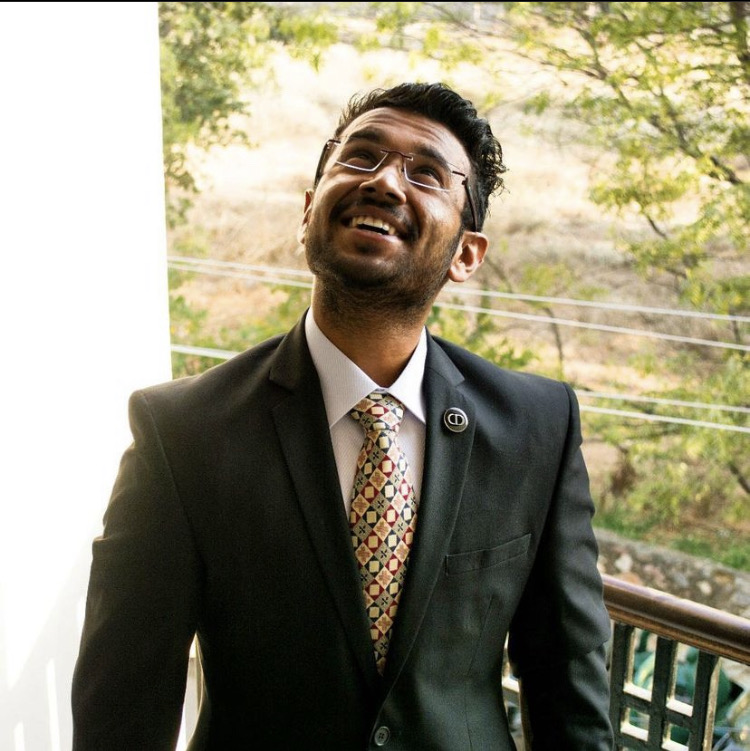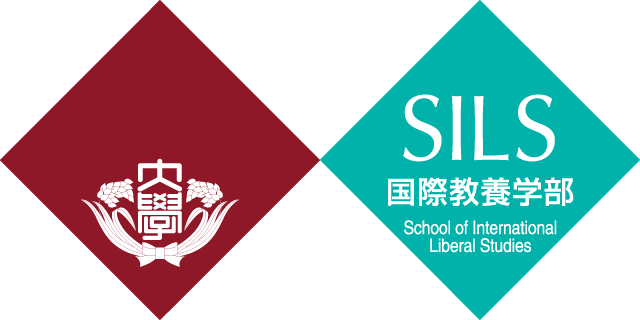- News
- Course Introduction:The Court and the Constitution in the United States 51
Course Introduction:The Court and the Constitution in the United States 51

- Posted
- Mon, 24 Apr 2023
AKIBA, Takeshi
|
|||||
|---|---|---|---|---|---|
 |
|||||
| Abortion, same-sex marriage, affirmative action, gun regulation… Such major topics in American politics and society—and in each, the U.S. Constitution and the courts, particularly the Supreme Court of the U.S. have played a major role. Each of the 9 justices on that Court can make a critical difference on the outcome and the lives of many, leading to much attention on how they act. This course thus focuses on the reality of how the U.S Constitution is interpreted and implemented through the judiciary, and how the values and approaches of judges can matter. I also teach an introductory course on the U.S. Constitution, which focuses on its basics. This course expands on it with a focus on the judiciary. Through a series of questions and conversations involving different views, I aspire to a deeper understanding of the conflicts behind the issues. I really like the moment when students begin debating sincerely with each other; this is how we learn others’ minds and about our own minds. After taking this course you will have a deeper understanding of why the nomination of a Supreme Court justice becomes headline news in the U.S., and why people can become excited over it. | |||||
– The approaches used by judges to interpret the constitution in a modern context and the theory around it were the most interesting for me. –
The course “The Court and the Constitution in the United States”, taught by Professor Takeshi Akiba, is one of the most detailed and intriguing courses dedicated to familiarizing students with the judicial process in the United States of America. The lecture goes beyond the limits of basic assignments or textbooks, enabling students to better conceptualize and apply the learnings in real-life situations for better understanding. The course is highly discussion based and involves a lot of critical thinking on the student’s end to explore out-of-the-box solutions to complex legal issues in contemporary US society. The engagements with Professor Akiba make the lessons all the more enjoyable and informative.
The course covers various topics, ranging from a rudimentary and historical understanding of the judiciary in the US to very complicated cases that have impacted the US constitution and its interpretation today. The approaches used by judges to interpret the constitution in a modern context and the theory around it were the most interesting for me. This allows students to draw comparisons between politics and judicial systems in two or more countries to outline similarities and differences in framing policies and laws. Learning about US courts and domestic politics in the context of the judiciary immensely helps future public policy aspirants better understand the possible influence of domestic policies on US foreign policy.
This course equips students with the capability to explore possible pragmatic solutions to complex issues in the United States. Initially, I wanted to learn about the judicial system of the United Systems and understand the US constitution in depth. However, as the course progressed, there were so many more aspects of the US judiciary that I was able to learn. This course allowed me to utilize my knowledge and experiences from other courses on political philosophy, gender, etc. This unique capability has motivated me to go beyond the usual limits of a course, and I have been able to apply the knowledge I have acquired in various other situations.
The face to face delivery method of this course further allows for a more elaborate and free exchange of thoughts. The assignment and quizzes allow you to express your opinions and understanding of specific topics while stimulating the scholarly discourse among students. I firmly believe that there is a lot to learn from your peers, and the international environment cultivated at SILS allows for excellent opportunities to interact with students from different countries and backgrounds to look for collective solutions for issues we face today. I highly recommend this course to anyone interested in US politics, judiciary, and current issues in the US; this course would immensely boost one’s understanding of essential topics of contention in the US society while engaging with your peers to look for pragmatic solutions. The fundamental idea and learnings from this course can be easily applied to real-life situations and allow students to think critically about issues they might face in the future. That is the meaning of empowerment through education and an opportunity for students like myself to recognize their true potential.
 |
This article is written by…
BANSAL, Dipankar
|
||||
*This article is current as of March 2023.
*This course may not be offered every semester.

